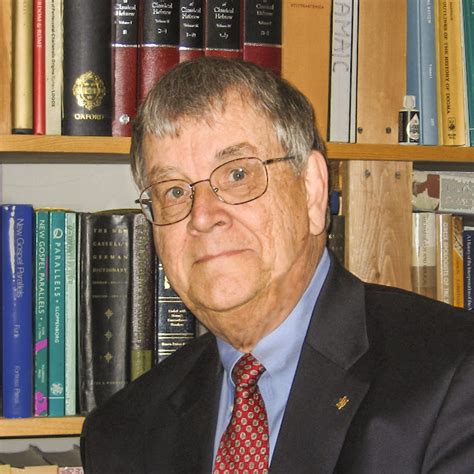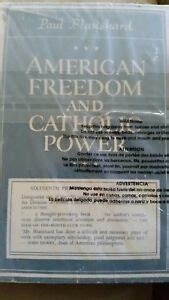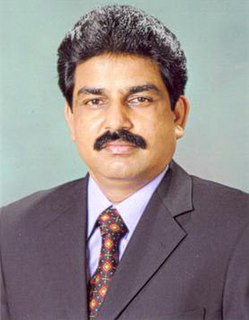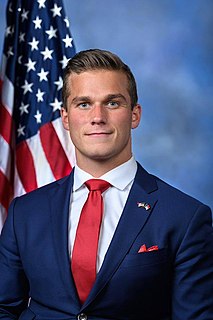A Quote by John F. Kennedy
I think it is appropriate that we pay tribute to this great constitutional principle which is enshrined in the First Amendment of the Constitution: the principle of religious independence, of religious liberty, of religious freedom.
Related Quotes
Everyone talks about religious liberty, but no one believes it. So let us be blunt about it: we must use the doctrine of religious liberty to gain independence for Christian schools until we train up a generation of people who know that there is no religious neutrality, no neutral law, no neutral education, and no neutral civil government. Then they will get busy in constructing a Bible-based social, political, and religious order which finally denies the religious liberty of the enemies of God.
Is the appointment of Chaplains to the two Houses of Congress consistent with the Constitution, and with the pure principle of religious freedom? In strictness the answer on both points must be in the negative. The Constitution of the U. S. forbids everything like an establishment of a national religion. The law appointing Chaplains establishes a religious worship for the national representatives, to be performed by Ministers of religion, elected by a majority of them, and these are to be paid out of the national taxes. Does this not involve the principle of a national establishment ... ?
The great writers to whom the world owes what religious liberty it possesses, have mostly asserted freedom of conscience as an indefeasible right, and denied absolutely that a human being is accountable to others for his religious belief. Yet so natural to mankind is intolerance in whatever they really care about, that religious freedom has hardly anywhere been practically realised, except where religious indifference, which dislikes to have its peace disturbed by theological quarrels, has added its weight to the scale.
I am committed to the First Amendment principles of religious freedom, tolerance, and diversity. Whether Mormon, Methodist, Jewish, or Muslim, Americans should be able to participate in their constitutional free exercise of religion. I do not think witchcraft is a religion, and I do not think it is in any way appropriate for the U.S. military to promote it.
The First Amendment of the US Constitution ... is an eloquent repudiation of the First Commandment's prohibition of religious freedom. It is also a repudiation of the Third Commandment's prohibition of freedom of speech. The Thirteenth Amendment repudiates the institution of slavery which is so cozily assumed by the Fourth and Tenth Protestant Commandments.
Religious liberty in a nation is as real as the liberty of its least popular religious minority. Look not to the size of cathedrals or even to the words on the statute books for proof of the reality of religious freedom. Ask what is the fate of the Protestant in Spain, the Jew in Saudi Arabia, the Arab in Israel, the Catholic in Poland or the atheist in the United States.
Religious ideas about good and evil tend to focus on how to achieve well-being in the next life, and this makes them terrible guides to securing it in this one. Of course, there are a few gems to be found in every religious tradition, but insofar as these precepts are wise and useful they are not, in principle, religious.
I think religious freedom is part of the U.S.'s policy and Congress mandated the creation of the U.S. Commission on International Religious Freedom. So it is important that the U.S. focus in dialogue, development projects, cooperation with Pakistan and other countries to give more importance to religious freedom issues.
To those who cite the first amendment as reason for excluding God from more and more of our institutions and everyday life, may I just say: The first amendment of the Constitution was not written to protect the people of this country from religious values; it was written to protect religious values from government tyranny.




























